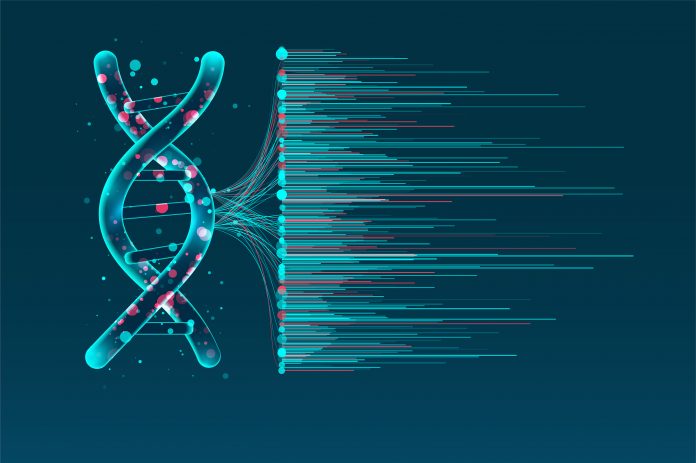
QIAGEN announced today that it has entered a partnership with data-driven medicine software company SOPHiA GENETICS aimed at enhancing the compatibility of QIAseq kits for NGS secondary analysis and tertiary interpretation workflows via the SOPHiA DDM digital analytics platform.
The partnership marks the launch of the QIAseq Platform Partnership program, the goal of which is to build upon its own QIAGENDigital Insights bioinformatic business to offer wider access to analytics capabilities of other companies.
“Our Platform Partnership Program will enable more customers to benefit from the high quality of the QIAGEN NGS preparation kits through the use of a wider range of analytics solutions to address their unique analysis and interpretation needs,” said Thomas Schweins, senior vice president of the Life Sciences Business Area at Qiagen. “SOPHiA GENETICS is our first partner thanks to their unique expertise and reputation. We look forward to offering our customers a leading combination and expanding our collaboration.”
Under the new program, researchers can order QIAseq panels combined with the SOPHiA DDM cloud-based analytics platform. The companies announced that the initial focus of the partnership will be on somatic variant detection using the QIAseq Targeted DNA Pro panels for homologous recombination repair. This biomarker test is aimed at finding tumors possessing specific mutations that may make them respond well to the class of drugs known as PARP inhibitors.
According to Kevin Puylaert, vice president business development at SOPHiA GENETICS, the new partnership builds on a longstanding relationship between the two companies that has seen SOPHiA offer a range QIAGEN products as part of bundled solutions it offers customers.
“SOPHiA’s mission is to democratize data-driven medicine. To get there, we are partnering with reagent manufacturers so that our deep expertise in genomic analysis complements their solutions,” Puylaert said. “QIAGEN’s amplicon-targeted NGS technology has an outstanding reputation to be among the best. We are taking full advantage of the performance of both solutions in this collaboration and are very optimistic about the positive impact on medicine and research.”
Over time, the companies expect to expand their work to additional areas of analysis beyond somatic mutations, which will also encompass the development of custom solutions designed for the specific needs of researchers. A key component of this planned expansion of the relationship is SOPHiA’s Set-Up Program that allows it to establish and demonstrate the analytical performance of any test before it is carried out. This program will allow researchers to more precisely carry out research and design workflows that leverage the QIAseq technology.












